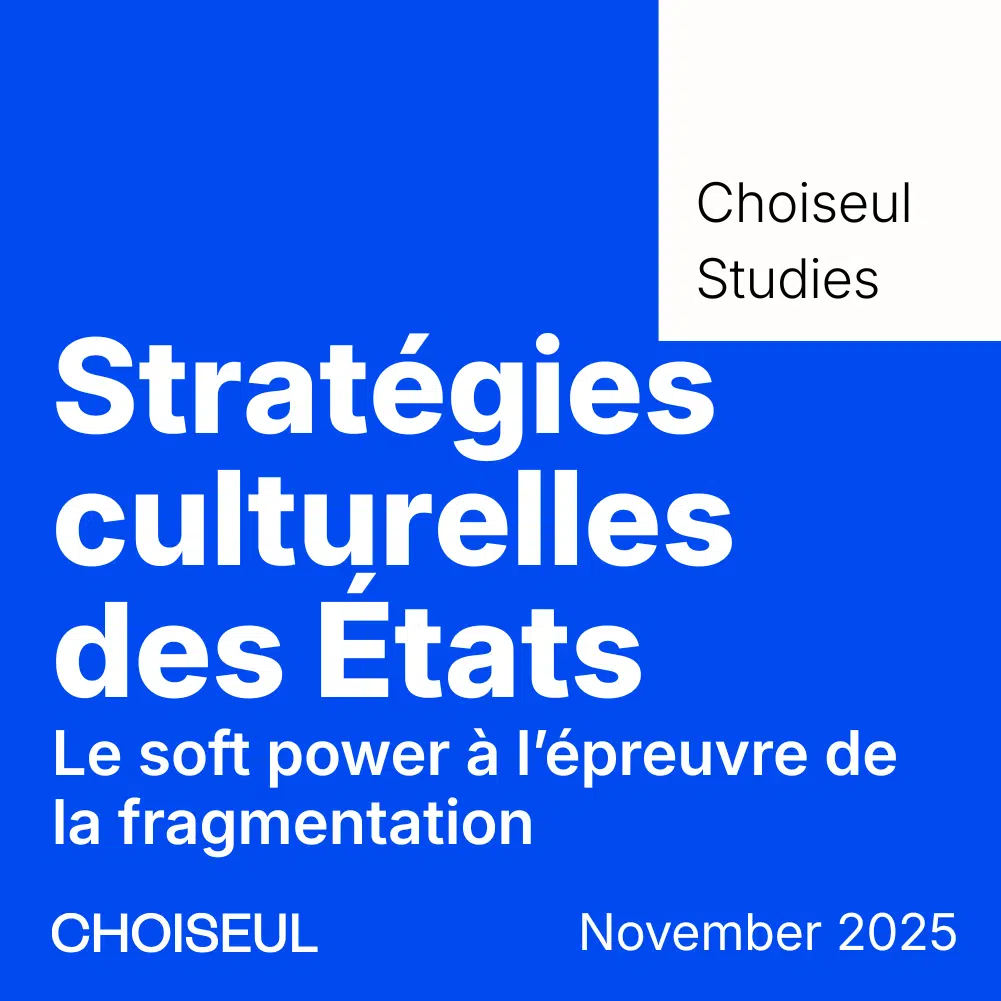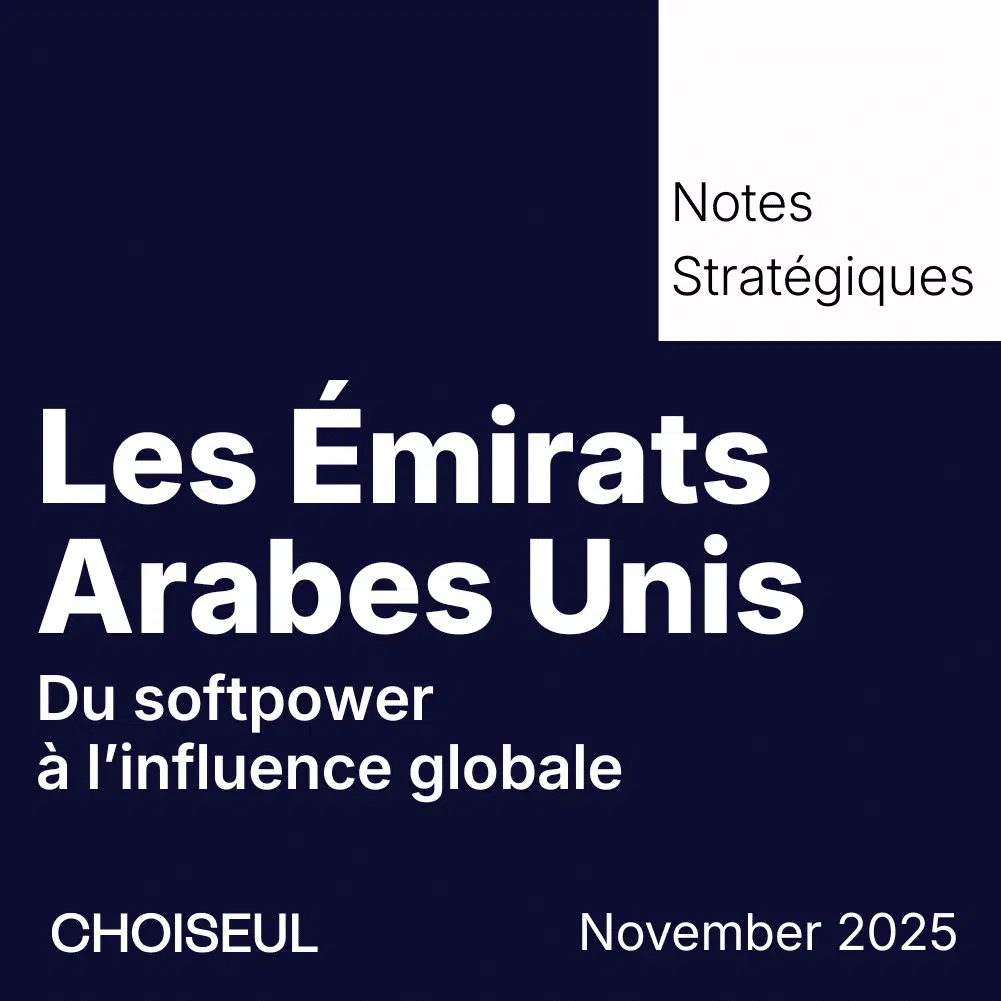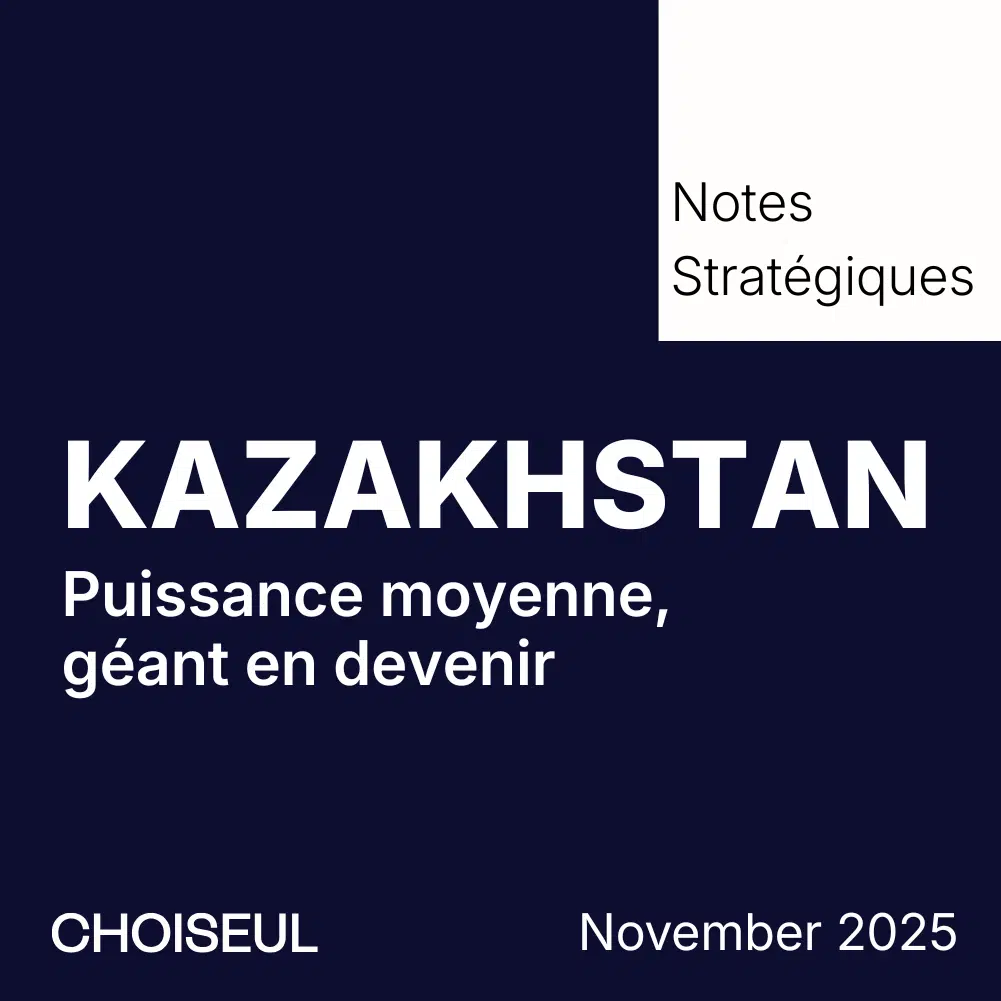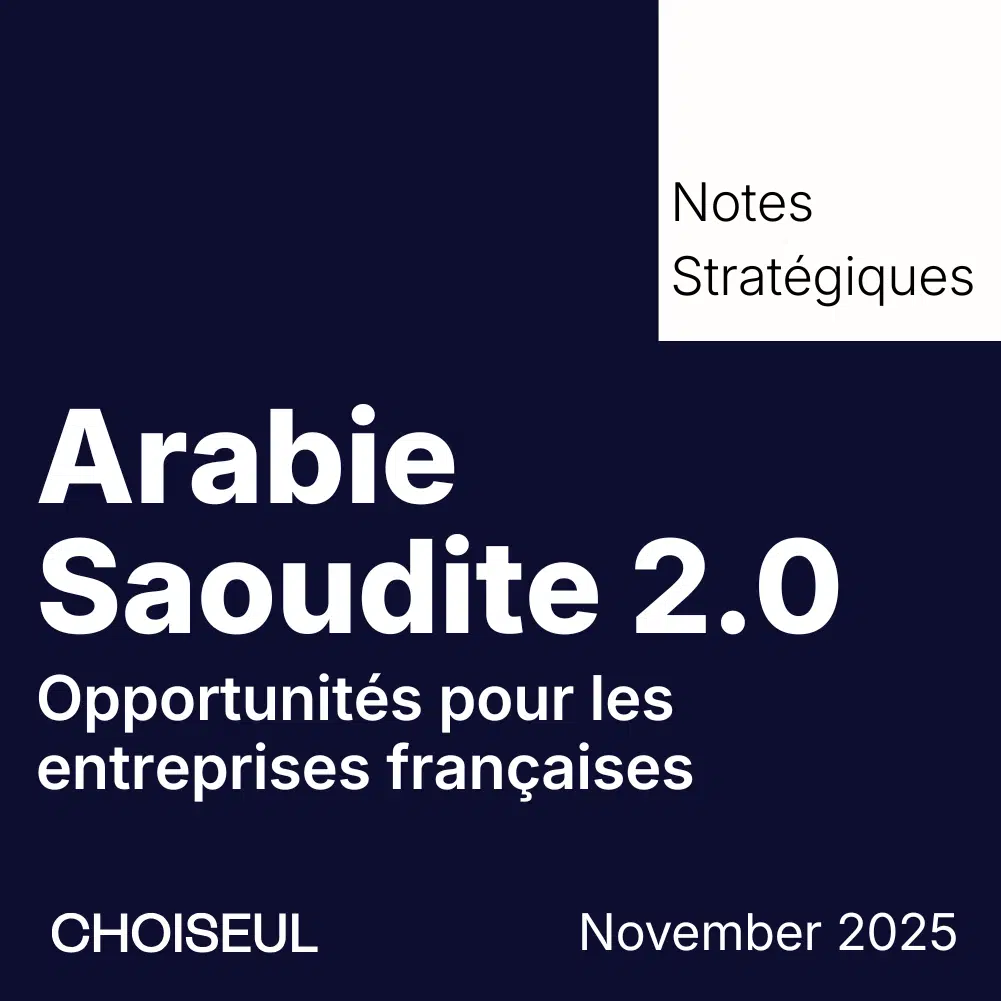
The United Arab Emirates : From Soft Power to Global Influence
Télécharger le document (pdf, octets)
Long perceived as a petroleum-based economy, the United Arab Emirates (UAE) is rapidly reinventing itself. Driven by an ambitious strategic vision, it is asserting its place on the international stage as an economic, diplomatic, and technological hub. For France, a partnership with the UAE is no longer merely a matter of bilateral trade but represents a multidimensional strategic cooperation.
A Rising Power with a Long-Term Strategy
For several decades, the Emirates have been methodically transitioning their development model. Dependence on oil is declining: the non-oil sector now accounts for 70% of GDP. Under the Vision 2031 plan, the federal government aims to position the UAE as a global leader in the knowledge economy, technological innovation, and sustainable finance.
Their strategy rests on several pillars:
- Ambitious economic diversification: development of sectors such as technology, aerospace, renewable energy, logistics, and luxury tourism.
- Controlled openness: policies to attract talent, capital, and foreign investment, while maintaining state control over strategic levers.
- Enhanced diplomatic influence: active involvement in regional mediation, investment in multilateral forums, and strengthening security partnerships (notably with France, the United States, and Israel).
Situated at the crossroads of Europe, Asia, and Africa, the UAE has become a key player in the geopolitical and economic reshaping of the 21st century.
A France–UAE Relationship to Deepen and Rebalance
France maintains long-standing, strong ties with the UAE, based on defense (military base in Abu Dhabi), culture (Louvre Abu Dhabi), energy (including civil nuclear), and education.
However, to match the transformation underway in the Emirates, the bilateral relationship must evolve. The Choiseul Institute identifies several priority levers:
- Cooperate on emerging economic frontiers: circular economy, deeptech, hydrogen, artificial intelligence, green finance. French companies should strengthen their presence in these growth sectors.
- Strengthen academic and cultural exchanges: develop a “knowledge diplomacy” beyond heritage diplomacy, supporting the skill development of new generations.
- Support the UAE’s regional footprint: through joint projects in Africa, the Mediterranean, or Asia, France can act as a trusted partner in the Emirates’ influence ambitions.
- Structure strategic public-private partnerships: leveraging economic, industrial, and technological complementarities to foster sustainable growth.
This is not just about seizing commercial opportunities but building a long-term alliance between two intermediate powers seeking to assert themselves in a multipolar world.
A Partner to Consider as a Strategic Leverage
The United Arab Emirates is no longer merely a Gulf actor. It has become a geopolitical, economic, and technological hub, sharing growing interests with France.

